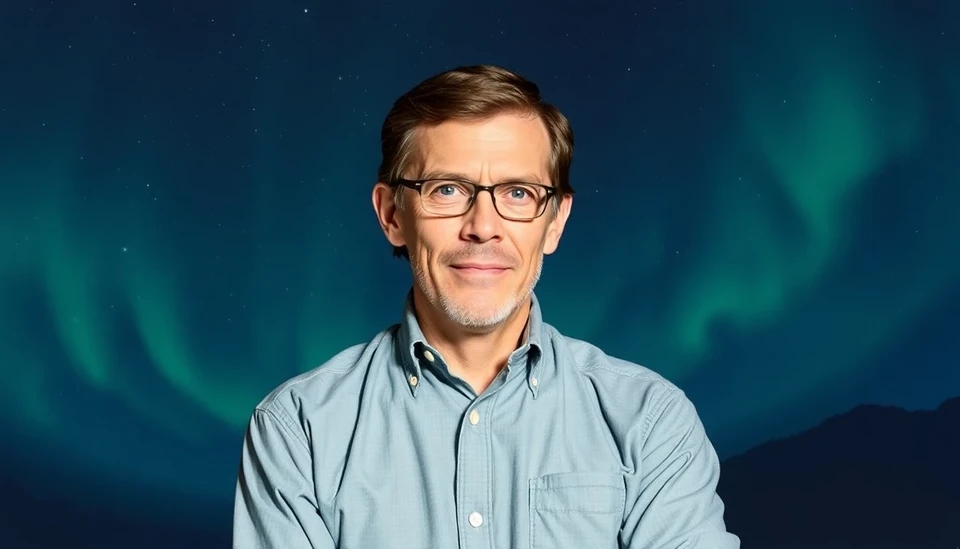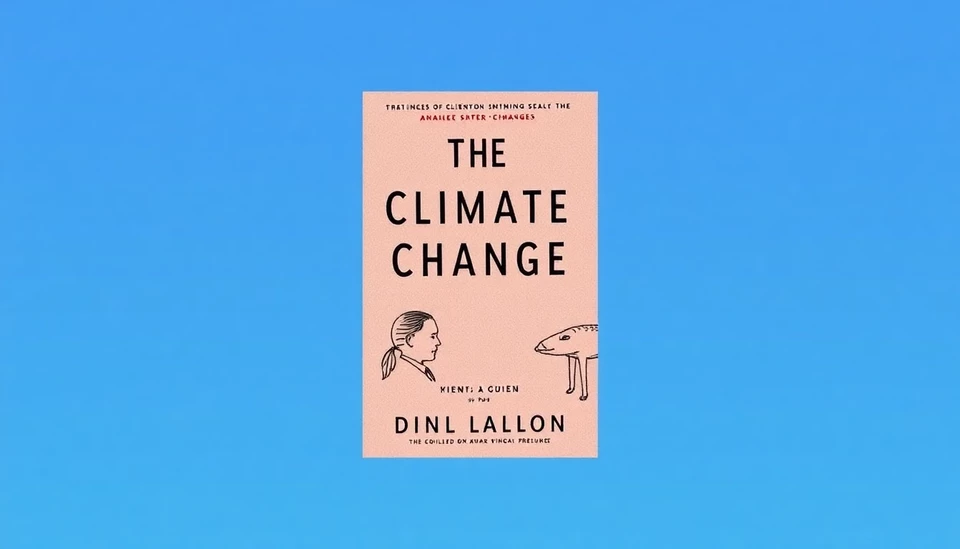
As the world grapples with the escalating impacts of climate change, renowned science fiction author Kim Stanley Robinson presents a hopeful perspective that is both refreshing and necessary. In a recent interview, he delves into his unique outlook on humanity's future in the face of severe environmental challenges.
Robinson, who is celebrated for his speculative fiction that often tackles ecological themes, asserts that while we are certainly at a crisis point, we have the ingenuity and determination to effect meaningful change. According to Robinson, the key lies in our collective ability to adapt and innovate. He emphasizes that despite the daunting statistics and vivid warnings from scientists, we are not powerless. In fact, he believes we are not only capable of facing the climate crisis but can actively work toward a sustainable and livable planet.
One of Robinson's central themes is the potential for technological advancements to play a crucial role in combatting climate change. He points to innovations in solar energy, carbon capture, and sustainable agriculture as examples of how humans can harness technology to mitigate environmental damage. He advocates for the integration of these technologies into our daily lives, arguing that they can significantly reduce our carbon footprint if adopted broadly and thoughtfully.
Beyond technology, Robinson believes that societal changes are equally vital. He calls for a restructuring of our economic and political frameworks to prioritize sustainability and community well-being. Robinson envisions a world where policies are crafted with the express intent of fostering resilience and stewardship of our planet. This shift, he argues, requires collective engagement from citizens, policymakers, and businesses alike.
Robinson’s optimism is also rooted in the rising awareness among younger generations. He highlights a rejuvenating energy that youth activists are bringing to the table, demanding accountability and action from leaders. This intergenerational movement, he believes, is crucial in pushing society toward sustainable practices and a just climate policy.
Moreover, Robinson draws attention to the cultural shifts that are already occurring, noting an increase in books, films, and art focused on environmental themes. He believes that storytelling has a powerful role in shaping our perception of climate issues, inspiring action, and creating a vision of what a sustainable future could look like.
An important part of Robinson's ethos is the idea of hope as a driving force. He cautions against despair, articulating that to give in to fear is to surrender our power to change. Instead, he advocates for a narrative that ignites hope and motivates action toward positive change. In his words, “Hope is a discipline,” emphasizing that it requires effort, commitment, and organization.
As we embark on a new year, Robinson’s insights serve as a reminder of our agency in the narrative of climate change. While the challenges are significant and not to be underestimated, his vision reminds us that we have the tools to craft a different story—one that is hopeful, resilient, and fundamentally rooted in our ability to adapt and innovate for a sustainable future.
In conclusion, Kim Stanley Robinson's perspective sparks a critical dialogue about our role in climate change. Instead of succumbing to despair, he urges us to engage, innovate, and drive the changes necessary for a sustainable planet—and perhaps a better tomorrow.
#KimStanleyRobinson #ClimateChange #Sustainability #Hope #Innovation #EnvironmentalAwareness #FutureOfPlanet
Author: Sophie Bennett
